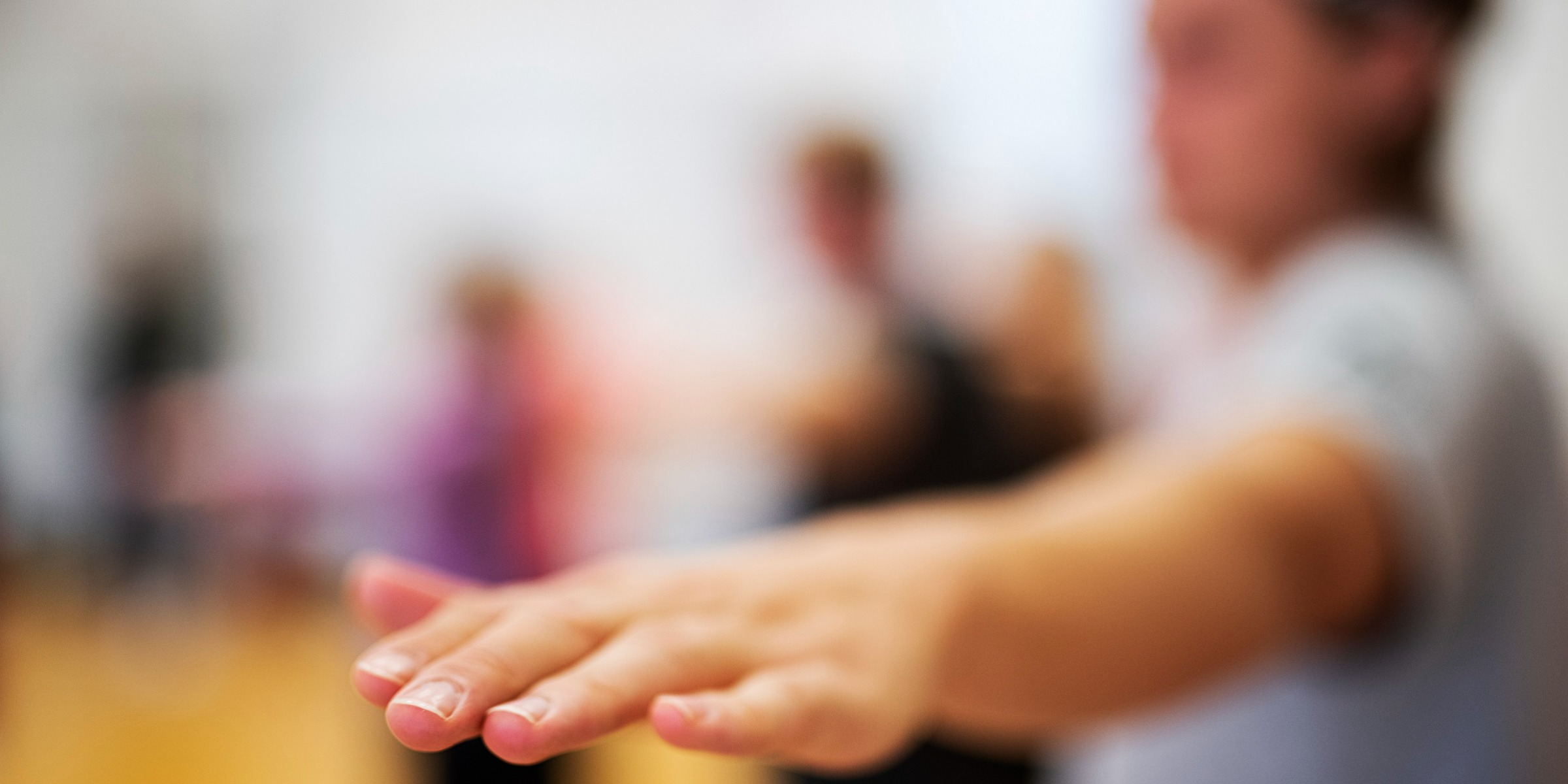
Avoid getting body aches during the exam period
There is one piece of advice that occupational therapy student Magnar cannot stress enough: physical activity!
The article was first published on 18 December 2020.
Student employee Erik Aasebø has had a chat with Magnar Øygarden, who studies occupational therapy at OsloMet. He believes that there are many students who experience problems with their bodies during the exam period. Often you don't have good chairs or working conditions.
– I myself feel that my body is getting a little tired from sitting at home, says Øygarden.
He recommends finding a good sitting position. This means foot support, that you can rest your arms on the desk, and that you can vary your sitting position from time to time. This will affect the neck and shoulders, counteract stress and perhaps relieve migraines and headaches.
In addition, he recommends taking frequent breaks. Concentration deteriorates after 20 minutes. Therefore, one should not sit for more than half an hour/forty minutes before taking a break.
– A break doesn't have to last more than one or two minutes, enough to shake things off a bit, says Øygarden.
The importance of "everyday activity"
He highlights the importance of physical activity during exam periods, which is a time when students often feel they don't have time to exercise.
– But that's when it's most important, says Øygarden.
The occupational therapy student emphasizes that it is not necessary to run two miles every day. Rather, it is about walking the thirty minutes it is recommended that we walk every day.
– Maybe you can go to the shop or school instead of taking the bus, says Øygarden.
When you sit and write all day, many muscles are affected by sitting in the same position. That's why it's important to take advantage of opportunities for some "everyday activity." And physical activity can be more than going for a run or taking a trip to the strength room. It could be walking the dog, walking to the next bus stop or taking the stairs.
– It's about making simple moves that affect the big picture, says Øygarden.
Magnar's advice for working optimally:
- Ensure variety in work tasks and sitting position.
- Take lots of short breaks.
- Have functional placement and layout of the equipment. Try to have 15-30 degrees down to the screen and 50-80 cm distance to the screen.
- Work desk with plenty of space for equipment and forearm support. Sit close to the table and rest your arms on the table. 90 degrees in the elbow joint. Raise/lower desk is most ideal.
- Work chair that can be adjusted in various positions and is stable.
- Rest your legs on the ground. Feel free to use a footrest.
- Daily activity - minimum 30 min of activity every day/10,000 steps. Skip the bus and walk if you can, and take the stairs. You can do this!
- Be social, it helps with stress.
Think preventively
During the exam period, there will be a lot of sitting, and then it's about being a little careful. If you struggle with your neck or shoulders before, it is wise to think preventively. Perhaps you can invest in a good work chair or replace a table.
– We are still young, and we may be going into a job where there is a lot of office sitting, says Øygarden.
Try to be social
During the exam period, many people sit at home alone without much social contact. Øygarden himself notices that he loses a bit of his motivation and spark for learning during such periods.
– It is easier to learn together with others, he says.
Being social can cause you to slouch your shoulders during exam time. Thus, one can feel more quality of life and coping. In addition, it helps to have friends who care, who you can talk to and who are in the same situation.
– Maybe this can make you forget a little about this stress and exam rush, says Øygarden.





